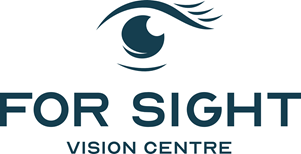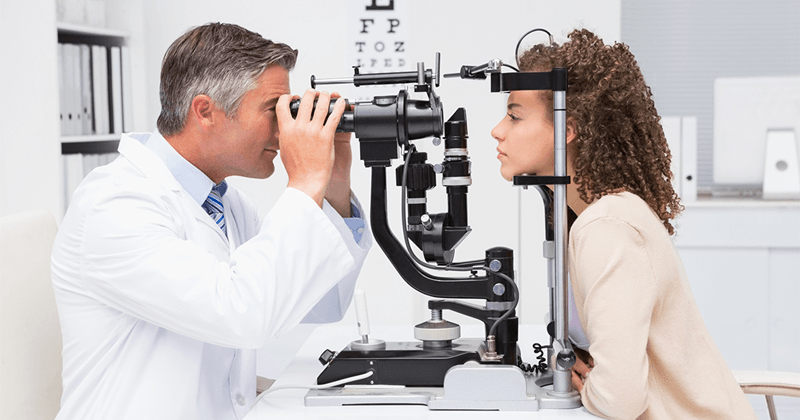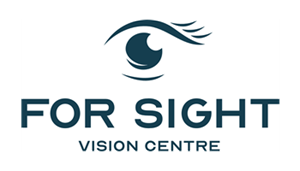Eye Exams and Eye Care
Why are Eye Exams Important?
Routine eye exams can detect vision problems, eye disease and general health problems before you are aware a problems exists. Vision screenings to determine your eye prescription is no substitute for a comprehensive eye exam performed by a licensed eye doctor.
Did you know Alberta Health Care covers routine eye exams for patients 65 and over and under the age of 19.
What is an eye exam?
An eye exam performed by a Doctor of Optometry looks at the entire eye and visual system, as well as your prescription, and is an important part of preventative health care. It is more than a sight test. Think of an eye exam as a physical for your eyes. Eye exams can detect eye diseases and disorders such as glaucoma, cataracts, retinal detachments and macular degeneration, and other health problems such as diabetes, high blood pressure and brain tumours.
A Doctor of Optometry may use automated computerized instruments to provide an estimate of the prescription prior to providing a more detailed refraction; however, they use their extensive training and experience, together with professional judgment, to direct the testing and interpret the results. Only on this basis can an accurate prescription be determined and customized to the patient’s visual needs.
An Eye Exam May Include:
• A case history including past and present vision and medical issues, as well as a detailed family history.
• An analysis of the patient’s visual needs at home, work, school and play. In some instances, this may necessitate questions about the patient’s school/work environment and recreational activities, in order to accurately determine the patient’s visual demands.
• Measurement of the visual acuity of each eye, individually and together, both with and without corrective lenses.
• Binocular vision assessment (ability to see using both eyes together), as it relates to eye coordination, depth perception, and eye movements, or in some cases, eye-hand coordination.
• Colour vision evaluation as required.
• Assessment of the health of the eye itself both inside and outside using a biomicroscope, ophthalmoscope and a dilated eye examination when indicated. This could uncover anything from a minor deficiency of the tears, to a major retinal problem, or even a serious condition elsewhere in the body.
• A neurological assessment of the visual system including a review of the pupil reactions, ocular muscle reflexes and functions and an assessment of the peripheral vision.
• Screening for glaucoma, including testing pressure inside the eye, looking inside the eye at the retina and optic nerve, as well as performing peripheral vision tests.
• Diagnosis of the refractive status or prescription (focusing power of the eye) based on a combination of objective (measurements) and subjective (patient responses to questions) techniques.
• All of the test results are used in the final analysis to determine the appropriate prescription lenses to treat refractive and visual problems, to develop a program of eye training exercises, or to recommend medical or surgical treatment.
• Recommendations for future eye care can be made based on the history of eye health and the results of the examination.
• The final analysis of the eye exam includes a Doctor of Optometry’s professional knowledge, experience and judgment.
Eye Exams for Contact Lenses
If you plan to wear contact lenses, be sure you say so when you schedule an eye exam. Your eye doctor will need extra time for a contact lens fitting, which includes measurements of your eye's surface. There are a wide range of contact lens types and it is important to choose a contact lens suited to your prescription and lifestyle. A contact lens wearer it is also important to routinely monitor eye health to prevent infections.
Eye Exams for Children
Early eye exams for children are extremely important because vision problems often are related to poor performance in school. Early detection is important to develop a plan for any concerns or problems that may be present. We recommend a child's eye exam before age of three.
Vision Field Testing
A visual field test can detect central and peripheral vision problems caused by glaucoma, stroke and other eye or brain problems. Our doctors might recommend a visual eye field test based on their regular eye exams results.
Special Vision Assessment
You may have a vision assessment before Lasik or cataract surgery. Dr. Kostelecky performs co-managed care, with many ophthalmologists and eye surgeons in Calgary, which include pre and post surgery exams.


